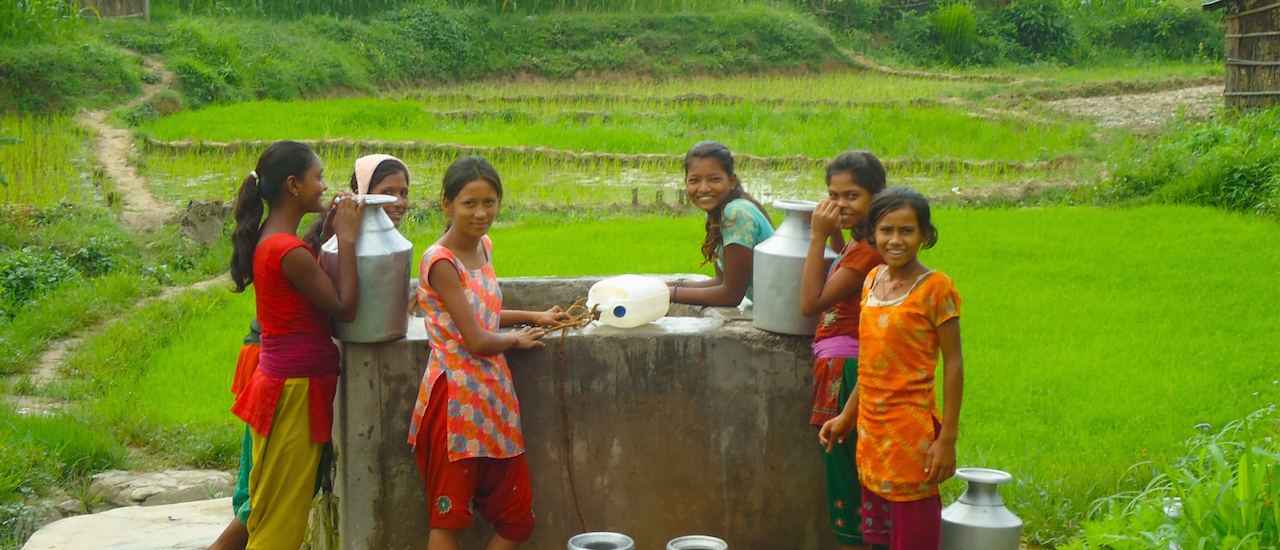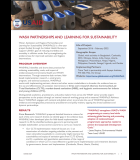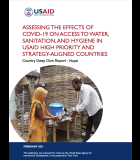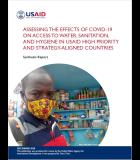On her first night of menstruation, and for every night of her period, 15-year-old Roshani Tiruwa was expected to leave the warmth and safety of her family home and sleep in a tiny windowless hut barely large enough to stretch out in. She ate less dinner than usual because, by custom, women are not allowed to eat dairy at this point in their cycle.
It was December 2016, winter in western Nepal, so the nights were cold. Tiruwa started a small fire in the poorly ventilated hut to try to stay warm until morning. The smoke was thick, but at least it provided enough heat so she was able to fall asleep. But in the morning, Tiruwa did not wake up. She suffocated, another victim of chhaupadi.
The more stringent practices of chhaupadi, an ancient system of taboos surrounding menstruating women, were outlawed in 2005, but they persist in several districts in far western Nepal.
Click here to read the full article in USAID's Global Waters magazine.






